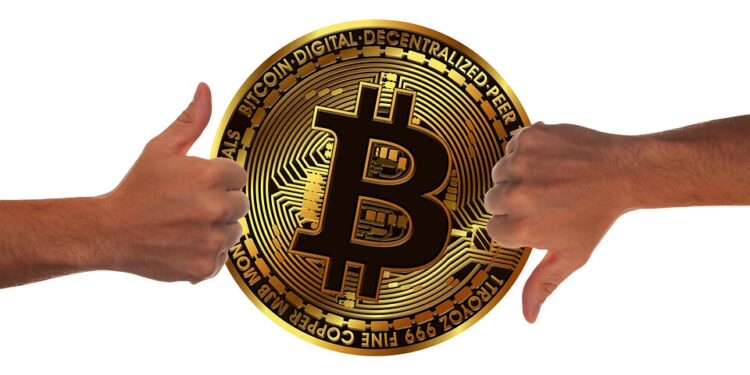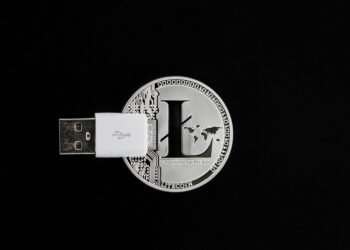Decentralization has become a buzzword in recent years, and for good reason. With the rise of blockchain technology, we have seen a shift towards more decentralized systems that prioritize transparency, security, and autonomy. From cryptocurrencies to decentralized finance (DeFi) platforms, the opportunities for decentralization are endless.
Blockchain technology, which underpins most decentralized systems, is a distributed ledger technology that allows for secure and transparent transactions without the need for intermediaries. This technology has enabled the creation of decentralized applications (dApps) that can operate on a peer-to-peer network, cutting out the middleman and reducing costs.
The evolution of decentralization has also brought about changes in governance structures. Traditional centralized systems are often plagued by issues of corruption and inefficiency, as decision-making power is concentrated in the hands of a few individuals or entities. Decentralized governance, on the other hand, allows for a more democratic and inclusive decision-making process, with power being distributed among stakeholders.
One example of decentralized governance is the concept of decentralized autonomous organizations (DAOs), which are essentially organizations run by code and governed by token holders. DAOs allow for a more transparent and efficient decision-making process, as every decision is recorded on the blockchain and can be publicly audited.
In the world of decentralized finance, governance tokens have become increasingly popular as a way for users to have a say in the direction of a platform. By holding governance tokens, users can vote on proposals and changes to the platform, ensuring that their voices are heard.
Overall, the evolution of decentralization has brought about a paradigm shift in how we think about governance and autonomy. By leveraging blockchain technology and decentralized systems, we can create more transparent, secure, and efficient systems that prioritize the needs of the community. As we continue to explore the potential of decentralization, we can expect to see even more innovative solutions to complex problems in the future.








